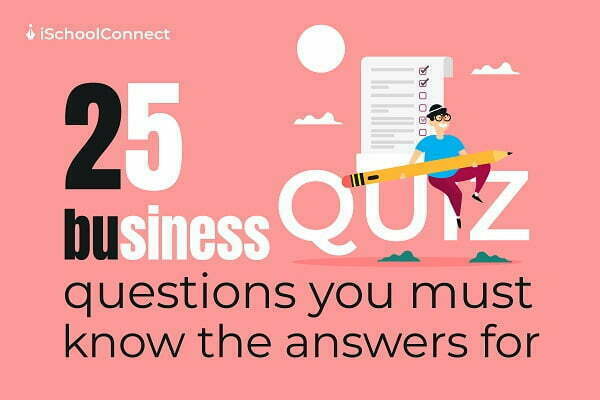
How to unlock the student’s mind: A Fascinating Guide to Mastering the Art of Quizzing
No one likes exams or tests or quizzes. However, for students to be passed on to the next level, it is very important that their exams are taken so that their level of understanding can be assessed. According to a research study conducted in 2023, it seems that these three writers of the study are the only ones who enjoy taking tests. The three, who have backgrounds in both teaching and research, extol the virtues of almost all exams, quizzes, and knowledge games, arguing that they ought to be regular, low-stakes, very interesting, and even group activities. Their justification is that tests and quizzes, when done well and without anxiety, significantly enhance “long-term retention and the creation of more robust retrieval routes for future access,” a well-researched phenomena called the “testing effect.” This article brings out a few pointers which will help the teachers to master the art of quizzing without having to think it as an additional burden on students and make it effective and efficient.
The study offers an in-depth, intriguing look at how testing works and how it affects learning. Here are a few tips from of the standouts of the research from which our teachers can take notes and enhance their own understanding to improve their teaching effectiveness.
- Change things up: Regularly quiz students to increase their engagement, but don’t let the format become monotonous. The authors’ study supports a variety of exam formats, including clickers, multiple choice, cued recall, fill-in-the-blank, short answer, and knowledge contests. It has been noted that objective type of assessment has shown greater retention in memories than the subjective assessments.
- Be competitive: Use “competitive alternatives” in your answers when creating multiple-choice or true-false tests. For instance, suggest Venus, Mars, and Mercury in response to the question, “What is the hottest terrestrial planet?” rather than Venus, Uranus, and Saturn, as “Uranus and Saturn aren’t terrestrial planets.” The authors think that as competitive alternatives force students to carefully analyze all possibilities, they will pull out and review more learnt content.
- Pretest: According to the researchers, giving pupils practice on information they haven’t yet learned enhances their performance in the long run “even if [they] are not able to answer any of those questions correctly.” Pretesting, it should be noted, can also result in “a reduction in mind wandering” in later classes.
- Get social: Group exam taking might boost motivation and retention while lowering anxiety levels in pupils. The authors advise against utilizing open-ended questions and instead advise concentrating on particular ones because group projects can cause students to “recall and remember information less accurately.”
- Pass it on: Instruct students to meet in “small study groups where the students practice assessing one another—an activity that many students already report doing” or to summarize the key ideas from a lecture “without looking at any notes” in order to conduct a self-test.
It is imperative that educators equip their students with the skills and knowledge necessary to integrate challenging material into their study plans and self-directed learning exercises. Testing is one task that involves active learning, and there is mounting evidence that this type of work can help level the playing field for students. That is, all students can succeed if they know how to use desirable difficulties to improve their study strategies, despite the wide range of individual differences among students and the degree of preparation they may have at the beginning of any educational endeavor.

Content writer, educationist, teacher, researcher, social media manager, and a SEO manager from lahore. She has been working as a freelance academic and non-academic writer for more than 10 years now. She has a passion to learn new things and has a knack for writing and she combines both things to produce write ups she pours her heart out in.

